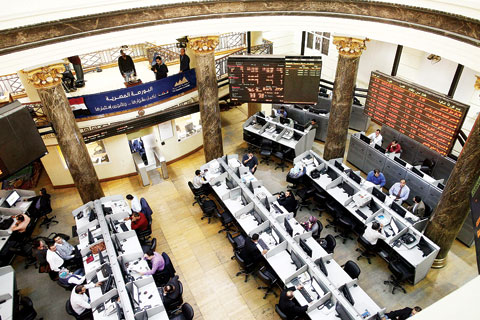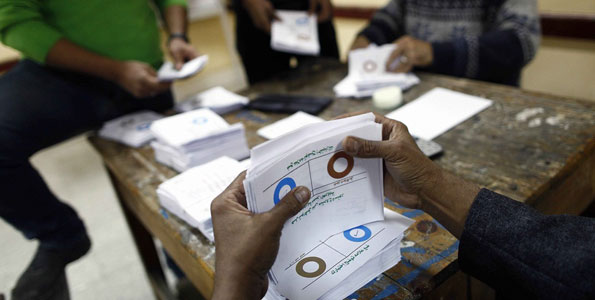Egypt’s annual inflation fell unexpectedly to its lowest rate in more than three years, reaching 8.9% in June, compared to 13.2% in May, and 13.8% in June last year, according to the Central Agency for Public Mobilization and Statistics (CAPMAS).
The CAPMAS added on Wednesday, that the consumer price index (CPI) declined by 1% month-over-month, (m-o-m) recording 307.8 points last month, compared to 311.1 points in May.
It revealed that the consumer prices in urban parts of Egypt rose by an annual 9.4% in June, compared with 14.1% in May.
The CAPMAS explained that the decrease in the inflation on a monthly basis is due to the
the decrease of food and drinks commodities’ prices, stating that vegetables prices declined by 10%, while meat and chicken prices dropped by 1.2%, and dairy, cheese and eggs prices declined by 0.6%.
On the other hand, some commodities’ prices increased, including fish and seafood by 1.9%, fruits by 9.7%, organised tours by 11.4%, and ready-made meals by 0.9%.
At the urban level, the annual inflation rate for June 2019 reached 9.4%, up from 14.1% in May, recording also the lowest level since March 2016 that was only 9%.
Mohamed Abu Basha, head of macroeconomic analysis at the Cairo-based investment bank, EFG-Hermes, attributed the decline in the annual inflation rates in June, and the base year, to the decline in the prices of vegetables by 10.5%, that was reflected in the monthly and annual inflation rates.
He also explained that June 2018 witnessed the increase in fuel prices which was reflected in higher inflation rates. In 2019, the increase in fuel prices took place in July, thus its effect has still not registered.
Notably, Egyptian authorities decided to go ahead with slashing fuel subsidies on Friday and lifting petrol and diesel prices by about 25%. Meanwhile the government is starting to calculate electricity bills in July at new prices announced in May after increasing them.
By asking Abu Basha about his expectations in July and August for inflation, especially after these increases, he said that he expects the annual inflation in July and August to reach between 11 to 12%, with a monthly increase of 3.5%.
Concerning the question of whether the monetary policy committee (MPC) will decrease the interest rate supported by the significant decline in inflation, Abu Basha predicted that the MPC will not cut interest rates until at least the last quarter of this year.
He said that the decrease in inflation will not push the MPC to cut interest rates and that the Central Bank of Egypt (CBE) will wait until the inflation figures of July and August appear.
Furthermore, Abu Basha stated that the important figure for inflation at the moment is the July and August figure, in order to show whether the fuel and electricity increases have an inflationary effect greater than expected or not. Thus, the CBE needs at least two readings of inflation to know how the market has received new increases.



